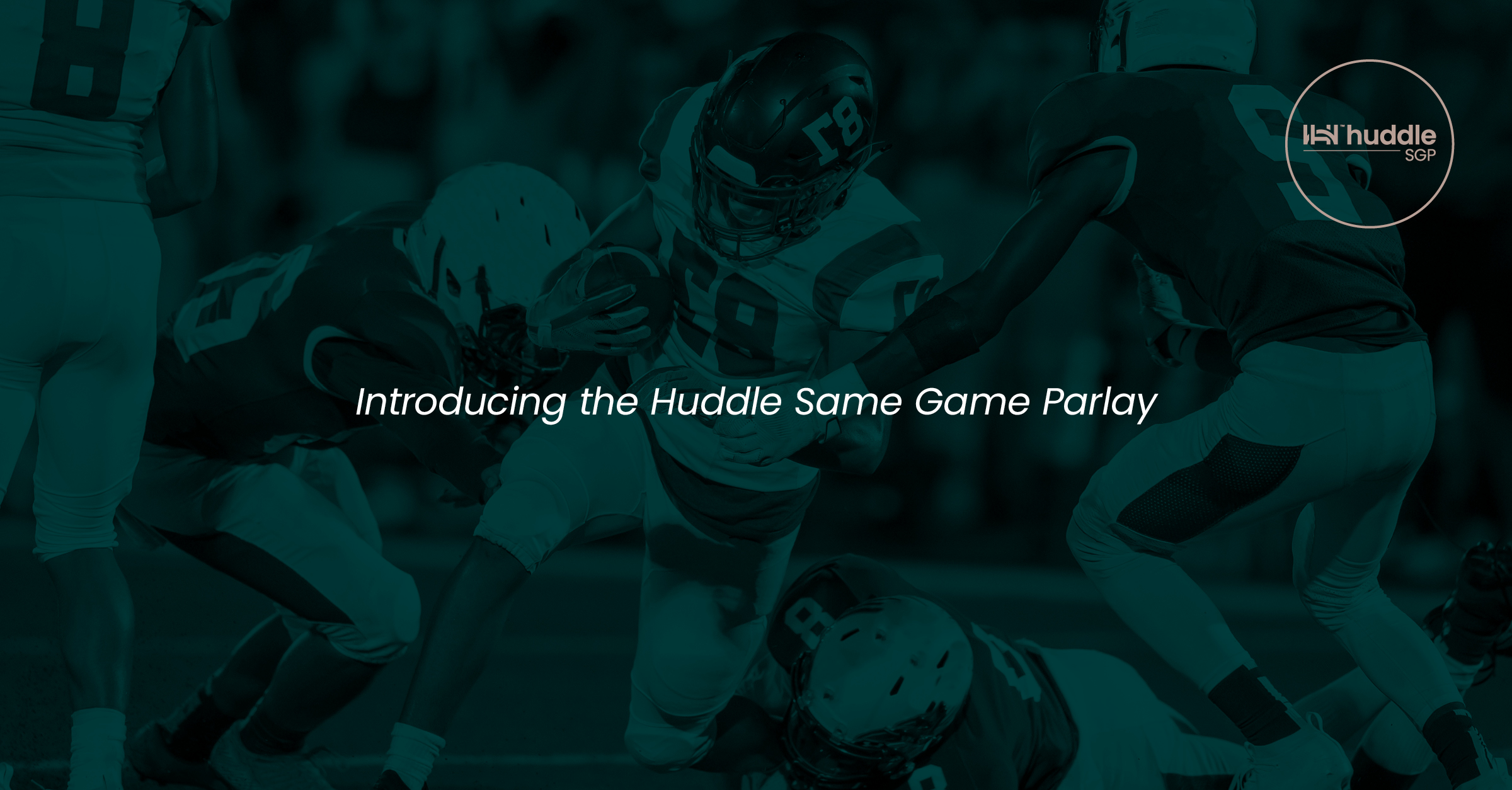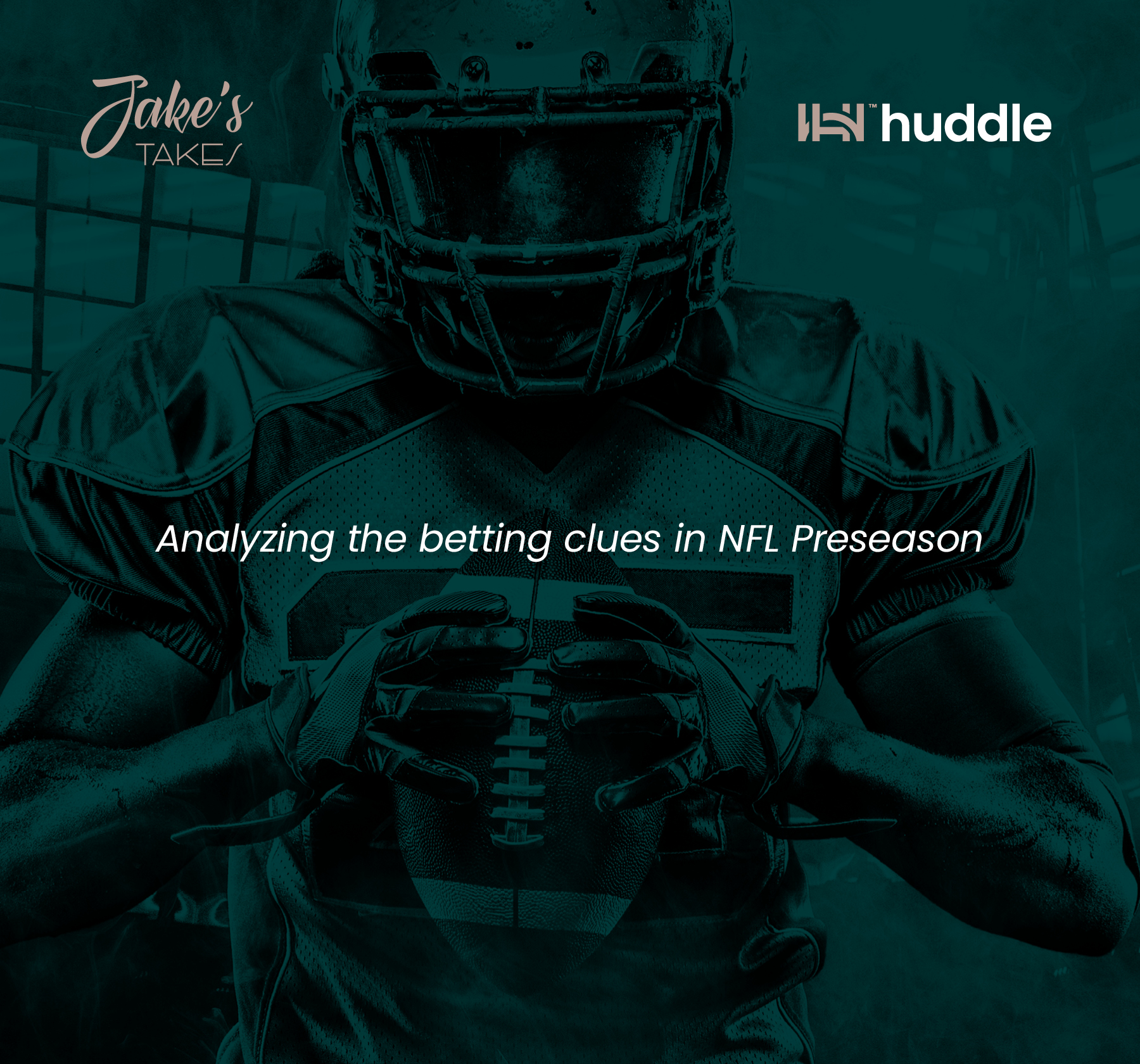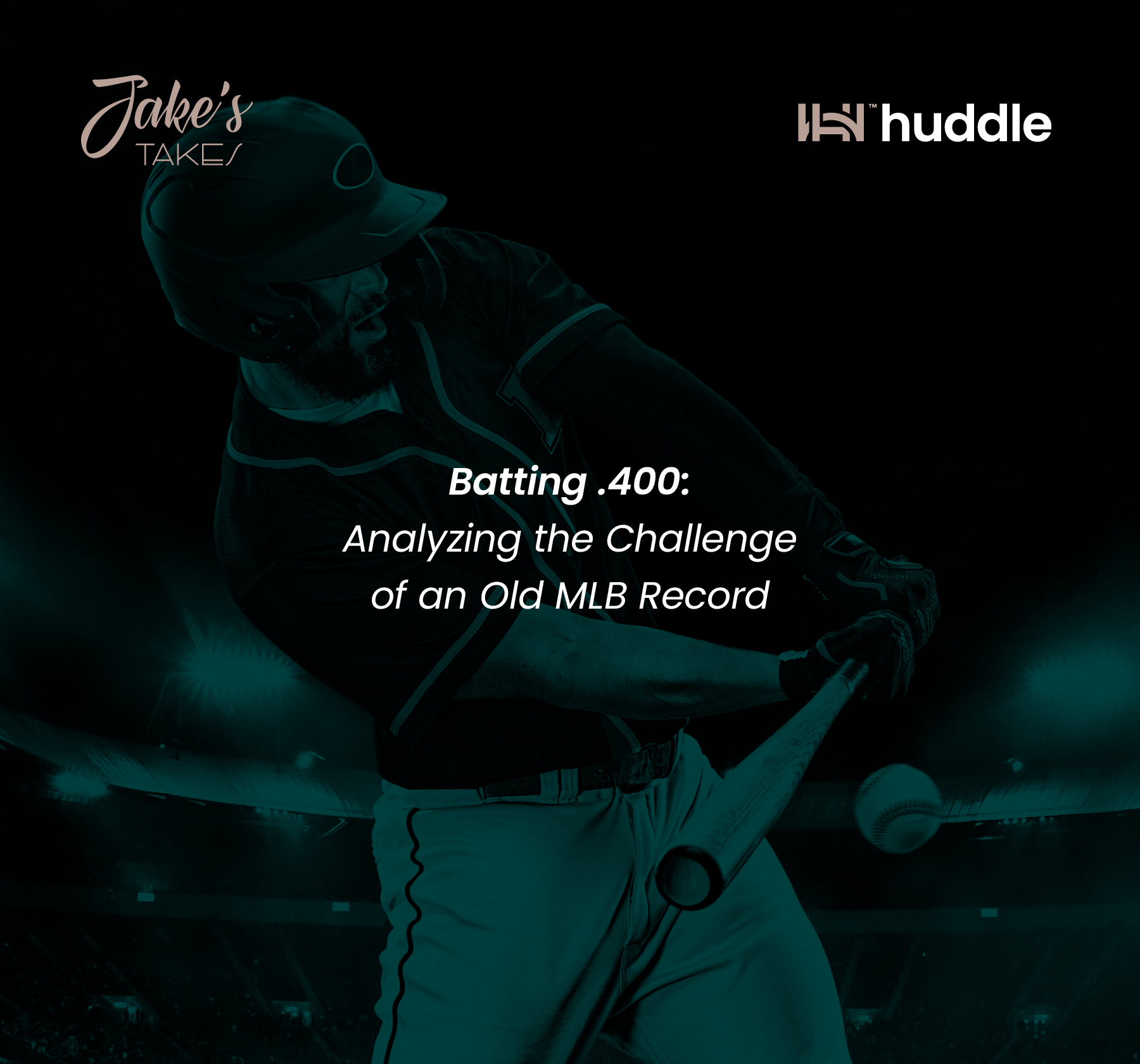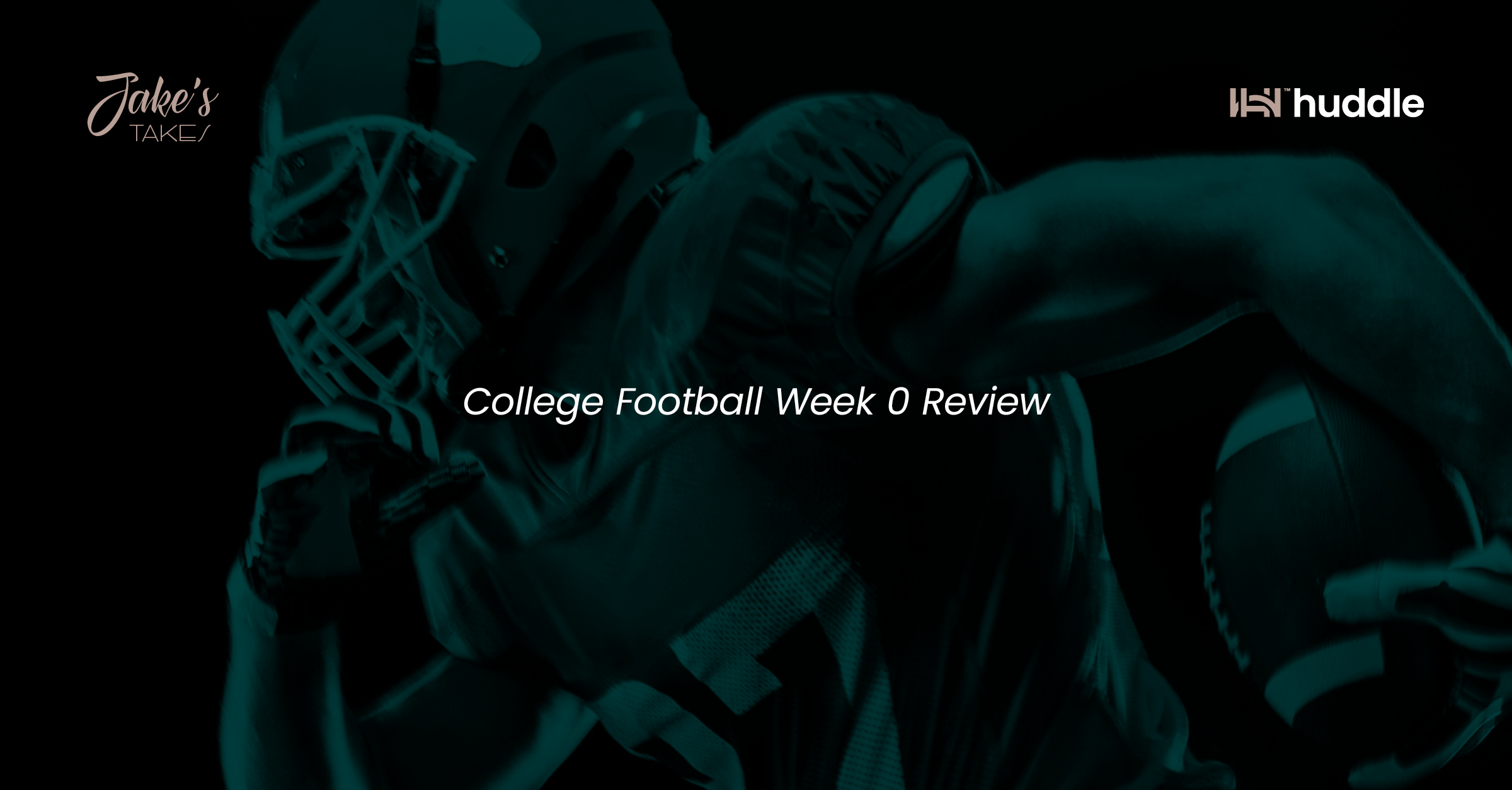
Meet The Team: Q&A Session With Tom Daniel, Huddle SVP Of Trading
Blog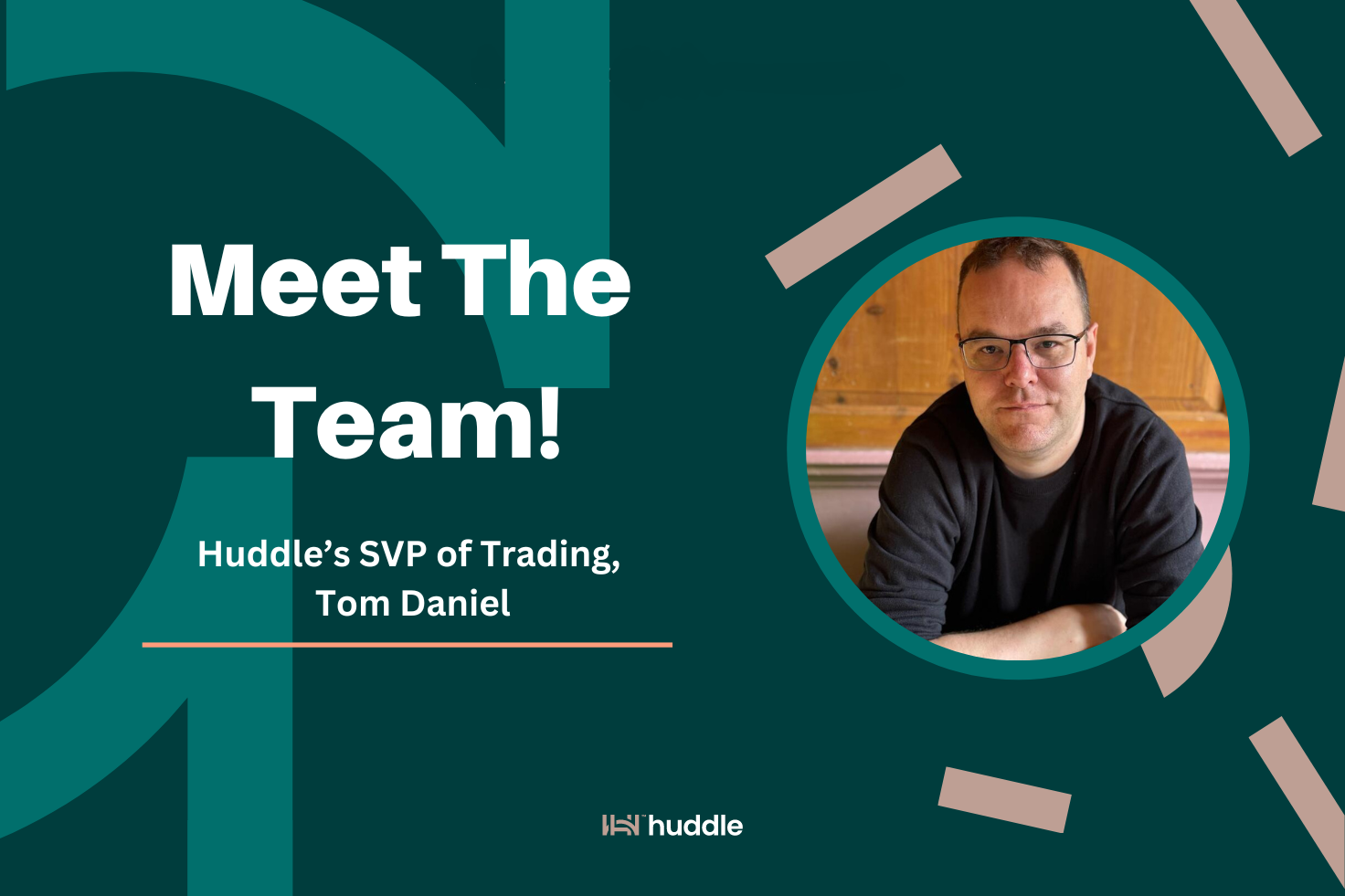
Meet The Team: Q&A Session With Tom Daniel, Huddle SVP Of Trading
In our "Meet the Team" series, we introduce you to the brilliant minds behind Huddle through engaging Q&A sessions.
This time, we're excited to feature Tom Daniel, our SVP of Trading. With a rich background in the trading industry, Tom shares his journey, motivations, and insights into what makes a successful trading team. Dive in to learn more about Tom's career, his vision for Huddle, and his valuable advice for aspiring traders.
Can you tell us a bit about your journey in the trading industry and how it led you to Huddle?
I studied maths at university but wasn't sure what career path to pursue afterward. I ended up taking a summer job at an online bookmaker called ukbetting. I vividly remember my first day in the trading room—every 15 minutes, there was another horse race, and the traders would passionately swear and curse at every horse and jockey in a mix of accents. From that moment, I was hooked. Online sports betting was beginning to boom in the UK, and it seemed like a sector with immense growth potential. It's the only industry I've ever worked in since then.
I joined Unibet as a golf trader a little later, not that I care about golf at all but it’s a good betting medium and even then there was lots of data and statistics available so I could find edges and make some money. After that I was a senior trader and then head of risk management.
Kambi was spun out from Unibet, became a B2B supplier and through that I got to experience the North American market as PASPA was repealed and states began to regulate.
I’ve spent the last couple of years consulting as a part of Propus Partners which really opened my eyes to the wide gambling industry and was a welcome change of pace and also, loads of fun.
You recently joined Huddle as SVP of Trading. What motivated you to join Huddle, and what excites you most about your role?
Francesco and I had worked together at Kambi and stayed in touch, so I had been following Huddle's progress for some time. I was always drawn to Huddle's ethos—a truly data-driven approach built on advanced architecture, combining automation with trading excellence to deliver a top-notch solution.
Legacy suppliers have always talked about updating their solutions but are hamstrung by aging tech stacks, prior commitments and conflicting demands from customers so it seemed clear to me the only way to achieve this was to start from a blank piece of paper, learn from the mistakes others had made and use the latest technology. Huddle seemed ideally placed to succeed and when Fran mentioned he was looking for someone to bring into the trading team it was just a question of when would be the right time for me to start.
Having joined, I’m really excited about three things: the complexity of the models we deploy, the technical excellence and speed with which we can iterate our development, and the calibre of the trading staff I have inherited. We’re combining all those elements to tackle hard problems and iterating at a speed I find remarkable when compared to a wider industry that can feel somewhat moribund and staid at times. That’s what gets me out of bed in the morning and I’m enjoying the challenge immensely.

You mentioned that trading serves as an enabling force for operators' strategic vision. Can you expand on this concept and how it applies to Huddle?
Each operator has their own acquisition and retention strategy, which they express through their unique brand. That is an art all itself and some very well paid and very intelligent people think deeply about that problem.
Elements of trading need to fit into that strategy but not dictate it. If the trading strategy is misaligned with other elements, then there will be inefficiencies and even friction, which wastes resources and erodes market share.
Creating an accurate probability forecast for matches is just the start of the challenge of offering the right odds, to the right players, managing those players optimally, and retaining the ones you want to retain.
There is no single solution to that problem. Just as there is no single type of player. Different players are looking for different things from betting products, and market conditions vary tremendously in different geographical regions due to regulations and taxation.
Accurate probability forecasts are ALWAYS an irreducibly important part of that solution and that is what we at Huddle focus on. Inaccurate probabilities are a cost, whatever your strategy is, and with so many operators fighting for market share not one operators can afford to bear for a long period.
Our modular service means our customers then apply margin themselves and take it from there, or we can do that and manage their customers on their behalf as part of our managed trading service.
What qualities do you believe are essential for building a successful trading team?
Good traders help, that’s for sure.
Personally, I think the job of traders has grown harder since I started way back in 2004. In those days you would build your own model, research your own data and statistics, and compile your own odds. It was a lot of work but you had a healthy overround working for you and players were typically no more sophisticated than you were so you made money.
Yes, traders have automation now and can generate odds at the push of a button but unless they know what is going on behind the scenes, they can’t add value to the process. They need to understand what goes into the model, how it works and, perhaps most importantly, what doesn’t go into the model and how to compensate.
So you need traders who know their sports inside and out, at the most granular level of detail, how that can be captured by data and how the model uses that data. The most important quality traders can have is a real competitive drive. Everyone likes winning, and it’s important to celebrate success, but really competitive people hate losing much more than they like winning and are mostly driven by a dislike of losing.
I’m very fortunate to inherit a trading team that has that knowledge and continually strives for perfection, however intangible that may be. They rarely talk about their wins, tease each other relentlessly about the losses but are a remarkably cohesive and exceptional group. It's been a pleasure to get to know them.
What advice would you give to someone aspiring to build a career in trading operations?
I look for people who are numerate, competitive and want to learn and test themselves. That’s all you need to be a success as a new trader, everything else you can learn.
There are many niches traders can specialize in given time, but I would encourage anyone setting out as a trader to learn as much as they can about the wider sportsbetting ecosystem. Who the operators are, who the suppliers are, how all that fits together and what role regulation players.
Once you understand that, consider how you can add the most value into the whole process. That may be specialising in a certain sport, and there will always be a need for that, but equally, traders can add value by acting as a bridge between the trading team and the product team, or the quant team, or the compliance team etc. Those interactions are vital for the success of trading teams and speaking a common language with other specialists outside of trading is a valuable skill.
Lots of really successful people I know and respect have spent their whole career in trading but I also know many traders who have pivoted into a different role and made a huge success of themselves. I’m probably biased, but I think there is no better introduction to this business than cutting your teeth in a trading department and that background will serve you well.
Sign up below and get the latest insights straight to your inbox!

